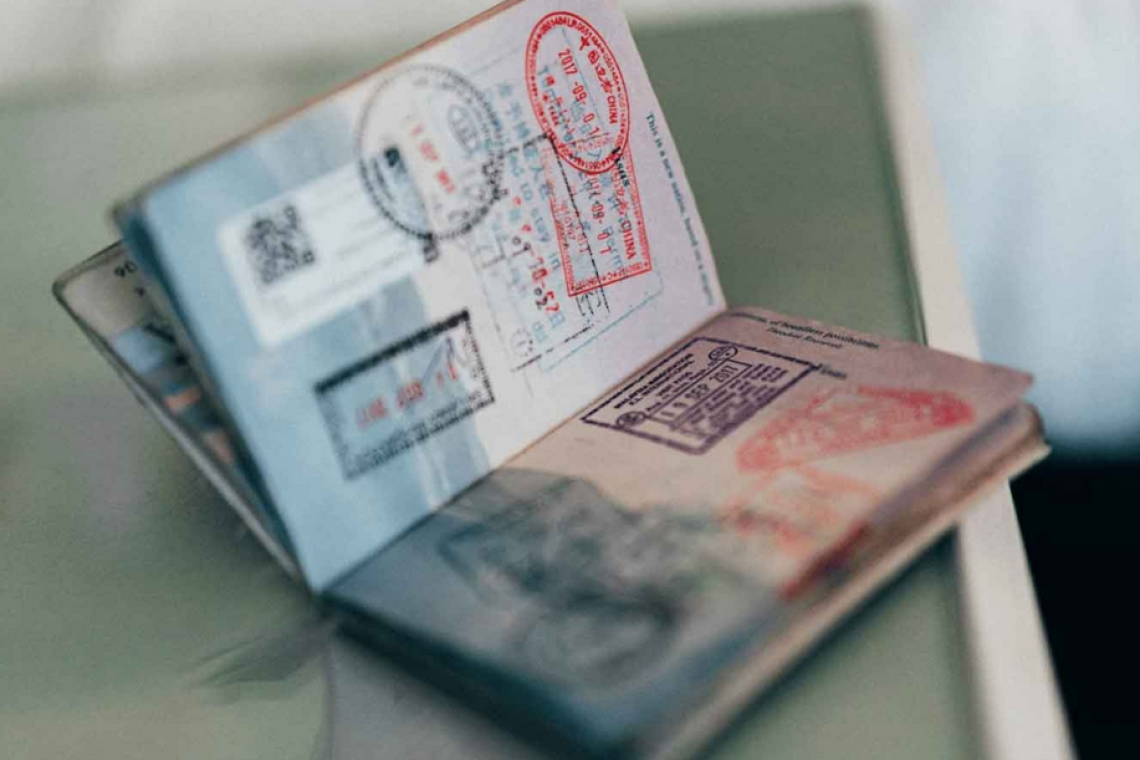Veysel Ok
The significance of the Constitutional Court's recent decision in the Nurcan Kaya case lies in its first-ever connection between overseas travel bans and the right to freedom of expression, acknowledging the direct link between the right to travel for journalists, human rights advocates, and even politicians, and the right to express and disseminate opinions.
Following the July 15 coup attempt, the Turkish judiciary has issued numerous decisions involving various judicial control provisions, such as travel bans, for individuals they could not detain. Countless journalists, activists, lawyers, and writers who expressed their opinions have been subjected to judicial controls equivalent to detention and continue to face such measures. At least ten members of the Turkish Grand National Assembly (TBMM), including Deputy Speaker and DEM Party member Sırrı Süreyya Önder, are currently unable to travel abroad due to judicial control conditions.
In Turkey's legal system, the conditions for detention must be met for a judicial control decision to be issued. This means that for such a decision, there must be substantial conditions, such as the nature of the alleged crime, strong suspicion of a crime, and reasons for detention.
However, in practice, these conditions are often disregarded. Individuals face judicial harassment, detention, or severe judicial control measures for expressing opinions that displease or criticize the government.
The Constitutional Court recently made a decision on an individual application filed on behalf of lawyer Nurcan Kaya by the Media and Law Studies Association (MLSA) legal unit. Kaya was detained in October 2019 while attempting to travel abroad, related to a 2014 tweet saying, "Not only Kurds but all people living in Kobani are resisting." She was sentenced to one year and three months in prison on September 27, 2021, for alleged "organization propaganda."
The Court ruled that the judicial control measures applied to Kaya, including the confiscation of her passport during the 1.5-month trial process, violated her freedom of expression.
The decision's importance lies in its linkage of overseas travel bans to the right to freedom of expression for the first time, recognizing the right to travel as directly connected to the rights of expression and dissemination for journalists, human rights defenders, and even politicians.
The Constitutional Court noted that issuing a judicial control order against the applicant for a social media post had a deterrent effect on her willingness to express opinions in public debate.
The High Court highlighted that similar measures could lead to self-censorship by other journalists or columnists who might criticize public discussions.
The Court also ruled that expressions about Kobani and military operations, which have led to judicial pressure on many journalists and citizens, fall under the scope of freedom of expression.
In its decision, the Court stated that military operations in northern Syria concern the public, and people have the right to criticize such operations and the government responsible for them.
The Court also noted that Peace Criminal Judges often issue judicial control decisions without justification, and objections are dismissed without reason, stressing the legal requirement for courts to provide reasoned decisions.
Although Constitutional Court rulings may not always be implemented, as seen in the Can Atalay case, the Court continues to advocate for the rule of law. It once again invites the government and judiciary to adhere to the Constitution.
The Court emphasizes that decisions like passport and overseas travel bans, which deprive countless individuals of their right to travel and work simply for expressing an opinion, are unconstitutional.
Our duty is to ensure these decisions are implemented and to increase democratic and legal efforts to turn the judiciary and government back towards the law. After all, no one has any alternative but to return to the rule of law.



